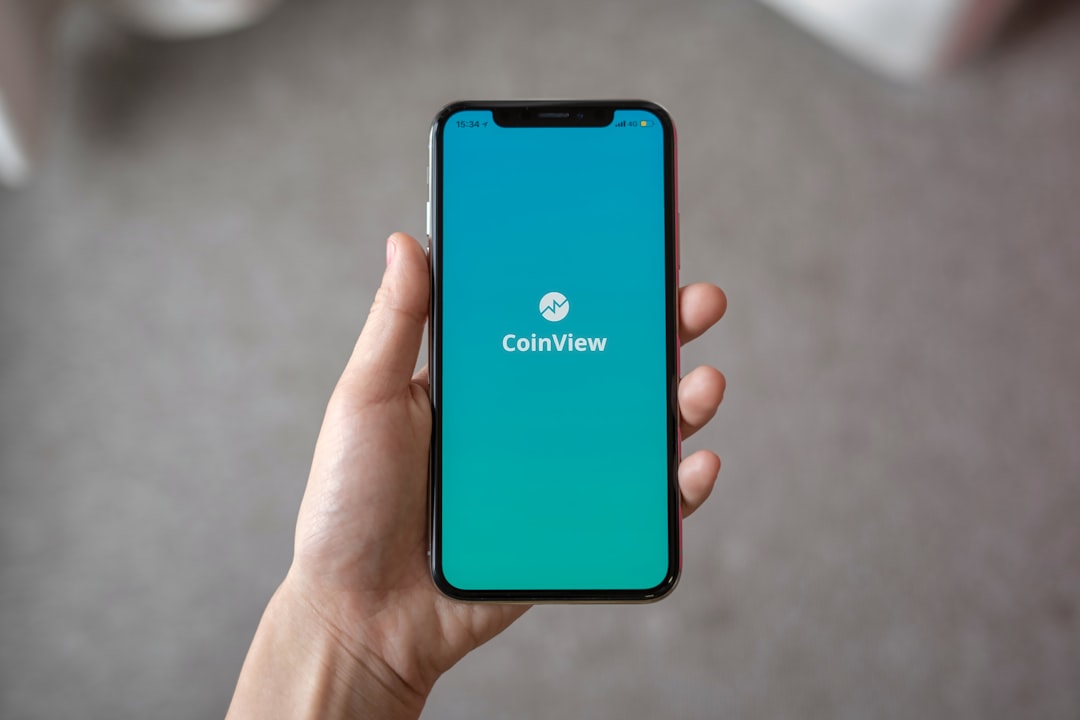Telemarketing is widely used in Oklahoma, but students lack education on "Do Not Call" laws. Integrating these regulations into school curricula teaches students their rights and protects them from unwanted legal solicitations. By learning about the National Do Not Call Registry, state protections, and collaborating with local professionals, students can become savvy consumers and avoid telemarketing scams, including those from law firms. Practical exercises and case studies enhance understanding of ethical marketing practices and legal consequences for violations in Oklahoma.
In Oklahoma, as in many states, the rise of telemarketing has created a unique educational challenge. With numerous residents encountering sales calls daily, understanding the legal aspects of telemarketing, especially ‘Do Not Call’ regulations, is essential. This article explores how schools can bridge the knowledge gap, teaching students about their rights and responsibilities regarding telemarketing. By integrating ‘Do Not Call Lawyer Oklahoma’ and ethical practices into the curriculum, educators empower learners to navigate this modern landscape, fostering responsible communication habits in an era where privacy and consent are paramount.
Understanding Telemarketing and Its Legal Aspects in Oklahoma

Telemarketing, a practice that involves making sales or promotions over the telephone, is a significant aspect of modern commerce. However, it’s crucial for students in Oklahoma to understand the legal framework surrounding this activity, especially with the prevalence of “Do Not Call” laws. These regulations, enforced by the Federal Trade Commission (FTC) and state authorities, such as the Oklahoma Attorney General, protect consumers from unsolicited phone calls, including telemarketing. Students should be aware that making or receiving calls for commercial purposes without proper consent can lead to legal consequences, with penalties for violators.
In Oklahoma, the “Do Not Call” laws are designed to give residents control over their communication preferences. This means businesses and telemarketers must obtain explicit permission before dialing numbers. Students should be educated about their rights under these laws, including how to register a “Do Not Call” request and the consequences for those who disregard such requests. Understanding these legal aspects is essential, as it empowers students to navigate phone marketing interactions responsibly and also prepares them to become informed consumers in the future, potentially leading them to seek legal counsel from a Do Not Call Lawyer Oklahoma or Do Not Call Attorney Oklahoma if necessary.
The Educational Gap: Why Schools Need to Address Telemarketing

In today’s digital age, telemarketing has become an integral part of many industries, including legal services. However, there exists an educational gap in Oklahoma where students are not adequately taught about the nuances and ethical considerations surrounding telemarketing practices, particularly when it comes to services like “Do not call Lawyer Oklahoma” or “Do not call attorneys Oklahoma.” This gap is significant because young adults, as potential consumers and future professionals, need to understand their rights and responsibilities in dealing with telemarketers.
Schools play a crucial role in bridging this knowledge divide by incorporating lessons on telemarketing into their curriculum. By educating students about the legal implications of unwanted calls from law firms and attorneys (e.g., “Do not call law firm Oklahoma”), schools can foster awareness of consumer protection laws, such as those enforced by state agencies like the Oklahoma Attorney General’s Office. This proactive approach will better prepare students to navigate the modern marketplace, ensuring they are equipped with the skills needed to recognize and protect themselves from potential telemarketing scams or excessive legal solicitations.
Integrating Do Not Call Laws into the Curriculum

In integrating Do Not Call laws into the curriculum, Oklahoma schools can play a pivotal role in educating students about their rights and responsibilities regarding telemarketing practices. This includes teaching students about the National Do Not Call Registry, which allows consumers to opt-out of unsolicited sales calls, and the legal protections offered by state and federal regulations. By incorporating these topics into lesson plans, students gain a deeper understanding of consumer rights and learn how to navigate the complexities of telemarketing interactions.
Schools can also partner with local Do not call Lawyer Oklahoma, Do not call attorneys Oklahoma, and Do not call law firms Oklahoma to provide real-world insights and case studies. These collaborations enrich the learning experience, offering students practical knowledge about how to handle violations of Do Not Call laws and the potential consequences for telemarketers and businesses. Such educational initiatives empower students to become responsible consumers and advocates for their privacy in an era dominated by digital communication and marketing strategies.
Practical Strategies for Teaching Telemarketing Ethics and Skills

Teaching telemarketing ethics and skills requires a practical approach that prepares students for real-world challenges while adhering to legal guidelines, such as those related to the “Do Not Call” lists in Oklahoma. Educators can start by simulating realistic sales scenarios, encouraging role-playing where students practice cold calling, handling objections, and closing deals. This hands-on method equips them with confidence and sharpens their communication skills.
Additionally, integrating case studies of successful and unethical telemarketing campaigns offers valuable insights. Students should analyze examples of both effective strategies and legal violations, particularly those involving “Do Not Call” laws in Oklahoma. Discussions on compliance, customer privacy, and ethical marketing practices ensure students understand the importance of responsible telemarketing. These interactive methods foster a deep understanding of industry norms and help students navigate the complex landscape while avoiding potential pitfalls, including unwanted contact with lawyers or law firms through unauthorized calls to “Do Not Call” registrants in Oklahoma.






